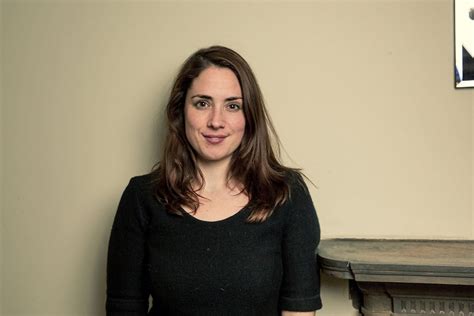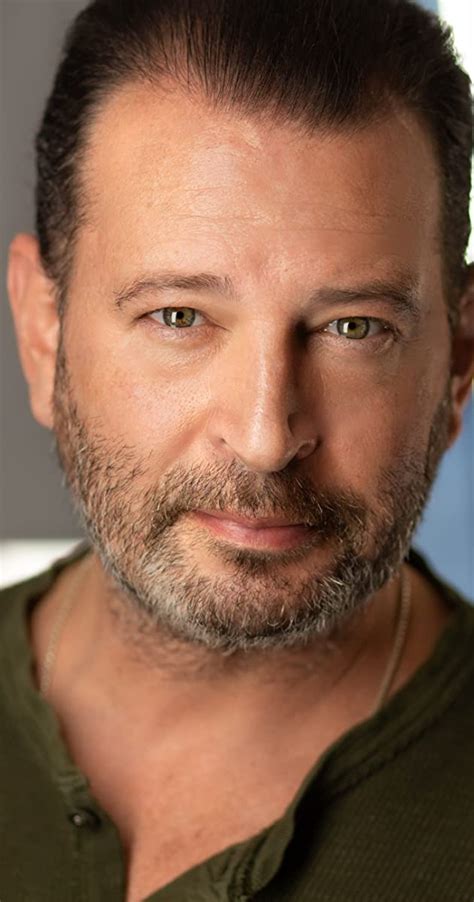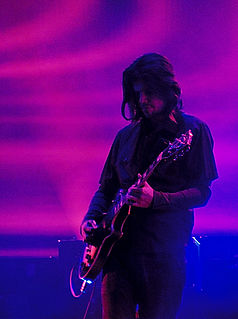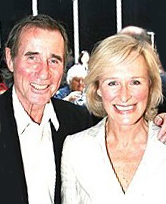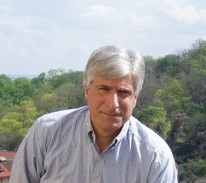A Quote by Lucy Prebble
Write backwards. Start from the feeling you want the audience to have at the end and then ask "How might that happen?" continually, until you have a beginning.
Related Quotes
When I set out to write a screenplay, I have in my mind a beginning and an end but that end part continually changes as I start to write the middle. That way by the time the screenplay is finished I have taken myself and my audience from a familiar beginning point through the story to an unfamiliar ending point.
I write lyrics really fast. When it's time to write, I usually put them off until the very end and then when it's time to write I can just sit down: I sing the melody, whatever the melody is, because that's the first thing that's already been there for a long time; I start singing it and I start creating consonants and vowels; then they turn into words; then all of the sudden one sentence will happen; then that sentence will dictate how the rest of the sentences happen.
I never start a song at the beginning; I always start in the middle, working with the original concept. That might be a loop or a vocal hook. A weird noise or a string sample. Once that's at the heart of the song, I work concertina-fashion, expanding the song forwards to the end and backwards to the beginning.
Imaginary testing is unreliable, and in many cases, it's a huge waste of time and energy. In truth you just don't know what will happen until you try. You may start a business, and it could take off in ways no one could predict. Or it could be a complete failure. You could ask for a date and end up with the partner of your dreams. Or you could be rejected cold. It's great to visualize what you want, but you never really know what's going to happen until you act.
Think about 'GoodFellas': It could be a textbook on how not to write a screenplay. It leans on voice-over at the beginning, then abandons it for a while, then the character just talks right into the camera at the end. That structure is so unusual that you don't have any sense of what's going to happen next.
There were a lot of lessons of production to be learned. On the page, the biggest thing you learn on any TV show is how to write to your cast. You write the show at the beginning with certain voices in your head and you have a way that you think the characters will be, and then you have an actor go out there, and you start watching dailies and episodes. Then, you start realizing what they can do and what they can't do, what they're good at and what they're not so good at, how they say things and what fits in their mouth, and you start tailoring the voice of the show to your cast.
I'm a morning person because I learned to write my novels while still practicing law. I would get to the office at 6:30 a.m. and write until other people arrived, around 9. Now I still do that. I start at 6:30 or 7, and I'll write until 11, then take an hour off, then work until about 2 p.m. By then my brain has had enough.
